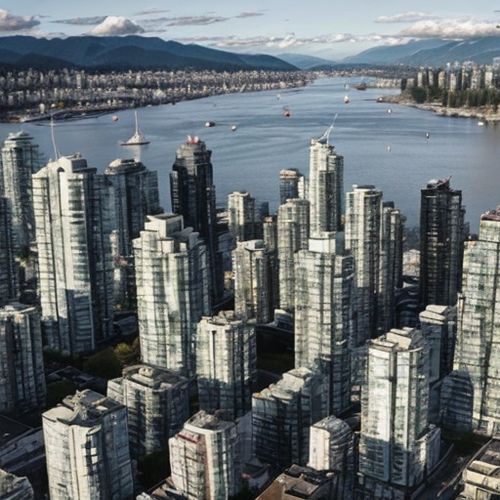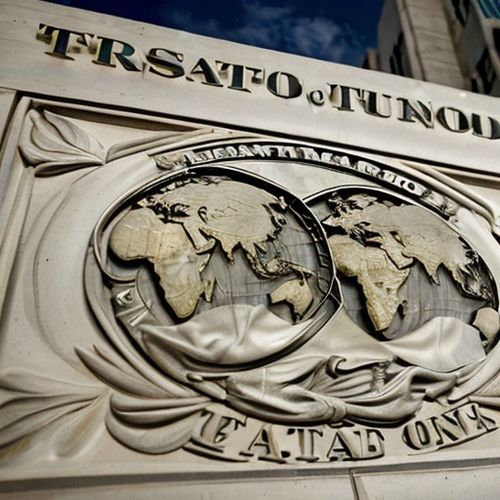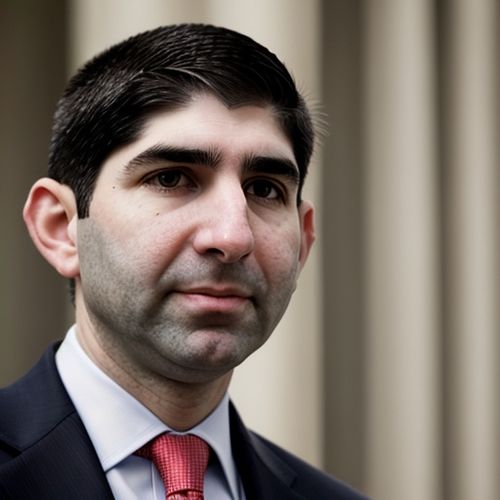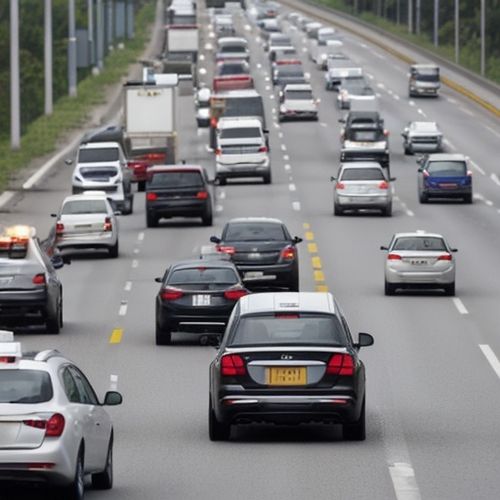In the heart of British Columbia, Vancouver stands as a vibrant cultural and economic hub, renowned for its natural beauty and cosmopolitan charm. Yet, beneath its gleaming skyline and picturesque landscapes lies a pressing issue that has gripped the city and the nation for years: the housing affordability crisis. This crisis has transformed Vancouver into one of the most unaffordable cities in the world, a place where skyrocketing home prices have left many, especially young people, struggling to find a foothold.
Willow Yamauchi's story is emblematic of Vancouver's housing conundrum. Twenty-five years ago, she and her husband purchased their family home for a modest C$275,000. Today, that same property is worth several million dollars. Yamauchi, a member of Generation X, acknowledges her privilege in having bought a home when she did. "My husband and I were very privileged to be able to purchase a house when we did," she reflects. For younger generations, however, the dream of homeownership has become increasingly elusive.
Vancouver's housing crisis is not an isolated phenomenon. It is part of a broader trend across Canada, where housing prices have soared to unprecedented levels. According to a report by Chapman University, Vancouver ranks among the top "impossibly unaffordable" cities globally. The average price of a detached home in Vancouver has skyrocketed from around C$350,000 in 2000 to over C$2 million today. This trend is mirrored in other major Canadian cities like Toronto, where housing prices have also reached astronomical levels.
The impact of this crisis is particularly pronounced among younger Canadians. Polls indicate that housing affordability is a top concern for voters, especially those in their 20s and 30s. Emily Chu, a 24-year-old student at the University of British Columbia (UBC), embodies the struggles faced by many young people. She had to delay her studies for two years to work and save money, as she could not afford both tuition and rent. "Everybody kind of assumes that we can't ever own housing," she says. Even young professionals with well-paying jobs, like Margareta Dovgal, a 28-year-old director at a Vancouver-based non-profit, feel the pinch. Dovgal has considered moving to Alberta due to its lower cost of living, despite being a lifelong Vancouverite.
The roots of Canada's housing affordability crisis are multifaceted and complex. One of the primary issues is the failure of housing supply to keep pace with population growth. The Canada Mortgage and Housing Corporation (CMHC) estimates that over 3.8 million homes need to be built in the next six years to address the shortage. However, current construction rates are far below this target, raising doubts about whether Canada can meet this ambitious goal. High land costs and scarcity in urban areas further exacerbate the problem, making it difficult to build new housing at affordable prices.
Regional barriers also play a significant role. City zoning laws in Vancouver, for example, have historically restricted the construction of higher-density, more affordable housing options like apartment buildings and multiplexes. Daniel Oleksiuk, co-founder of the advocacy group Abundant Housing Vancouver, explains that over half of the city's land has been zoned for single-family homes. "We've kept almost all of the land reserved," he says. "There are whole neighborhoods where all you have is three to five million dollar homes."
In the face of this crisis, Canada's major federal parties have proposed various solutions. The Liberals, led by Mark Carney, aim to build 500,000 new homes annually through a new government agency called Build Canada Homes. This plan, reminiscent of post-World War II efforts to house veterans, has been met with skepticism by critics who question its feasibility. Meanwhile, the Conservatives, led by Pierre Poilievre, propose tying federal funding to housing starts, rewarding cities that build more homes and penalizing those that block construction. Poilievre also promises to remove federal taxes on newly constructed homes, though critics argue this may have minimal impact, as most homes purchased in Canada are resold rather than newly built.
While these proposals offer hope, many experts believe they do not address the underlying generational tension at the heart of the crisis. Paul Kershaw, a public policy professor at UBC and founder of the think tank Generation Squeeze, argues that politicians have failed to acknowledge the wealth older homeowners have accumulated through rising housing prices. "The political bargain has asked younger Canadians to suffer higher rents and mortgages in order to protect those higher home values," Kershaw notes. He calls this a "cultural problem" and suggests that parties should focus on reducing costs for younger people to alleviate the generational burden.
The housing crisis in Vancouver and across Canada is not just an economic issue; it is a social and generational one. The dysfunction in the housing market disrupts the well-being of the country, creating a divide between those who benefited from the housing boom and those who are left struggling to find a place to call home. Until a comprehensive solution is found, the dream of homeownership remains a distant hope for many young Canadians. As Margareta Dovgal puts it, "You have to win the lottery, or marry a multi-millionaire. These are kind of the options."
Vancouver's housing crisis is a microcosm of the broader challenges facing Canada. It highlights the urgent need for policymakers to address the generational divide and find sustainable solutions to ensure that housing remains within reach for all. The upcoming federal election offers a critical opportunity for Canadians to demand action and hold their leaders accountable. The future of Vancouver and Canada's housing market hangs in the balance, and the time for decisive action is now.

By Daniel Scott/Apr 21, 2025

By Laura Wilson/Apr 21, 2025

By Christopher Harris/Apr 21, 2025

By Emma Thompson/Apr 21, 2025

By Michael Brown/Apr 21, 2025

By Samuel Cooper/Apr 21, 2025

By Lily Simpson/Apr 21, 2025

By Megan Clark/Apr 21, 2025

By Elizabeth Taylor/Apr 21, 2025

By Noah Bell/Apr 21, 2025

By William Miller/Apr 21, 2025

By Michael Brown/Apr 21, 2025

By Emily Johnson/Apr 21, 2025

By Natalie Campbell/Apr 21, 2025

By Grace Cox/Apr 21, 2025

By Lily Simpson/Apr 21, 2025

By Noah Bell/Apr 21, 2025

By Lily Simpson/Apr 21, 2025

By James Moore/Apr 21, 2025

By Daniel Scott/Apr 21, 2025